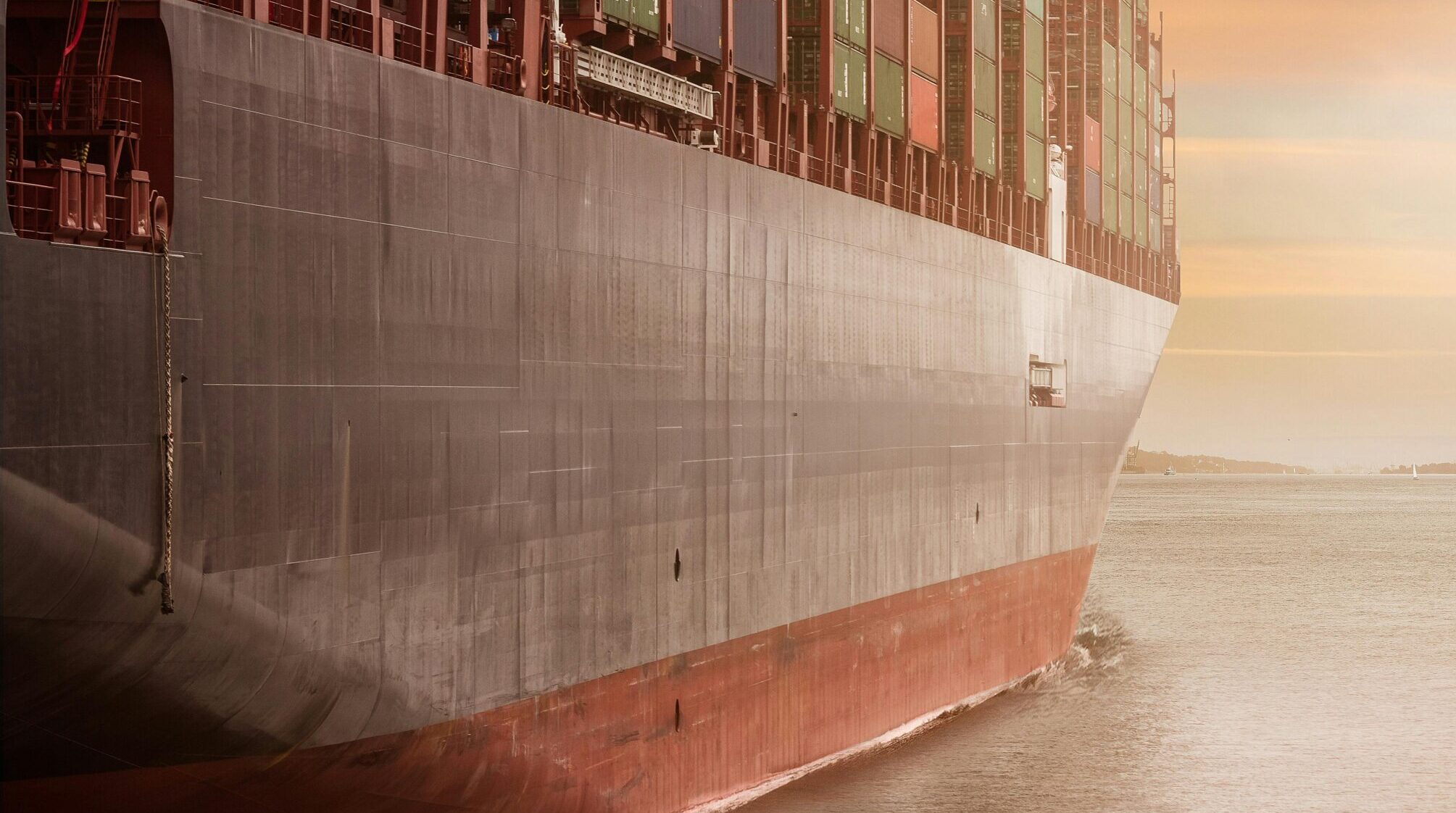The Industrial Product Price Index (IPPI) increased by 0.5% in March from the previous month, marking the sixth consecutive monthly rise. On an annual basis, the IPPI rose 4.7%.
Significant contributors to the monthly increase included non-ferrous metals and wood products. The price of unwrought aluminum and gold saw notable hikes, driven by investment demand amid global uncertainty. Lumber prices also saw a 3.1% rise, following two months of declines, largely due to strong demand and tariff concerns.
However, energy products put downward pressure on the IPPI. Prices for refined petroleum products, including diesel, fell 4.1%, mainly due to lower demand as the winter season ended and a drop in crude oil prices.
The Raw Materials Price Index (RMPI), which tracks the cost of raw materials for manufacturers, dropped 1.0% month over month in March. Despite this, the RMPI rose 3.9% compared to March 2024, marking its fifth consecutive annual increase.
The decline in the RMPI was driven by lower prices for crude energy products, particularly conventional crude oil, which fell by 4.1%. In addition, crop prices, including canola, dropped due to trade uncertainties and the announcement of tariffs on Canadian canola by China.
On the positive side, metal ores saw a 1.9% increase, driven by higher prices for gold and copper. Copper prices, in particular, rose amid speculation about potential U.S. tariffs.
On a year-over-year basis, the IPPI saw a 4.7% increase, with the largest contributors being gold, silver, and aluminum. These commodities benefited from strong investment demand, while energy products, particularly gasoline, moderated the rise due to base period effects from 2024.
The RMPI’s year-over-year growth of 3.9% was led by gains in metal ores and cattle. However, the decline in oil prices somewhat offset the overall increase.
The March data highlights mixed pressures on Canada’s industrial economy. While manufacturing sectors show strength, energy price volatility remains a challenge. The agricultural industry also faces uncertainty due to global trade issues.

